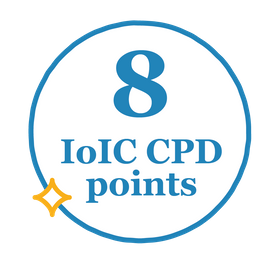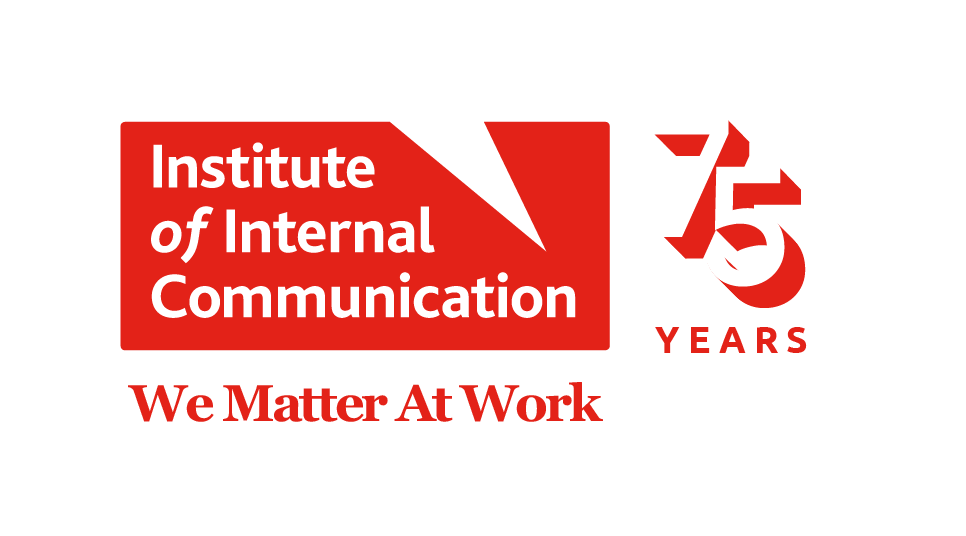Communicating for Culture Change: Virtual Learning
Communicating for Culture Change: Virtual Learning
Creating high performing, agile and collaborative cultures has never been as necessary as it is today. At the same time the volatility, uncertainty and complexity of current business environments make any attempt to drive such change more challenging than ever before. Communication is one of the main tools that leaders who want to drive change have at their disposal, but the role of communication in driving culture change, particularly in a complex, uncertain environment is frequently misunderstood. As a result, communicators who should be in the heart of any culture change programme are frequently marginalised into managing values campaigns, which on their own have very little impact.
This virtual learning course - delivered over two interactive half day sessions - will challenge several myths about organisational culture, cultural diversity and culture change and equip delegates with powerful, practical knowledge and tools to help them put communication and themselves in the driving seat of culture management.
Learning objectives

By the end of the course, delegates will:
- Understand how culture works and how culture change happens
- Understand the communication implications of culturally diverse environments
- Know how to use communication to influence culture change in all environments including in remote working contexts
- Have a clear process for articulating, testing and embedding new values and behaviours
The course will cover
Part One (21st Sept, 14:00 - 17:30 (BST))
- What is culture and how 'hidden' culture works to drive attitudes and behaviours
- Organisational, professional, national and other cultures and how they interact in the workplace – implications for diversity and inclusion programmes
- How culture changes and to what extent culture change can be managed
- How to map current culture and uncover existing hidden values
- How communication shapes and reinforces culture and how it reflects existing culture
- How to use communication to drive culture change
Part Two (27th Sept, 14:00 - 17:30 (BST))
Creating a culture change strategy and programme (step by step)
- How to engage with leaders; what questions to ask at the start of the process
- Where and how to articulate and test values and behaviours messages
- What makes a good values statement - examples from different industries, organisations and geographies
- How to use communication to introduce and embed values and behaviour change
- How to deal with cultural diversity and what diversity means for achieving a ‘shared culture’
- How to measure and prove the impact of communication on cultural change
Additional benefits
Additional benefits include:
- Pre and post course access to Canvas, the IoIC's online learning environment, where they will find all course materials and be able to engage with their fellow participants through forum discussions
- Templates and guidance for mapping culture, analysing existing communication practice and planning targeted communication interventions to change a specific behaviour
- Examples of good practice from a range of organisations
- Opportunity to discuss/test own practice and challenges
- A network of like-minded professionals to connect with and learn from
- Eight CPD points for IoIC Members.
Please note that we use Zoom for our online courses. Please ensure that you are able to access this system where you are based before booking your place. All times are in BST.
Who should attend?
This course is aligned to the Understanding People and Cultures area of the IoIC profession map and specifically covers the knowledge and skills described at levels three and four. The course is most suitable for internal communication professionals who already operate at a relatively senior level or are looking to do so soon.
Please be aware that this is a rigorous course that challenges practitioners to see the complex connection between cultural theories and effective communication practice. In doing so the course aims to enable delegates to not just ‘do culture communication’ but to ‘lead culture communication’, including being able to challenge and guide business leaders effectively through communicating for culture change, including in complex, diverse organisational environments.


